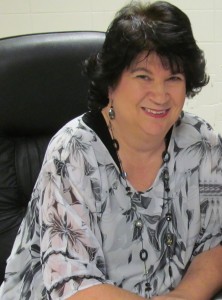 Tell us about yourself and how many books you have written.
Tell us about yourself and how many books you have written.
I’m an army brat, born in Nuremberg, Germany. When I was ten, my father was stationed in Toul, France where I discovered a treasure trove of books hiding in the furnace room. The house was rumored to be the former headquarters of the Nazi Party with bullet holes decorating the foyer as evidence. The books I found, sci-fi, mysteries, fantasy, and the classics, opened my mind to the power of story.
Raised on army bases, I’ve lived many places, none “home” until I returned to south Alabama. I live with my husband, three dogs, and two cats near the farms where my ancestors struggled to scratch a living from the ground.
I’ve written three books in one series, In the Shadow of the Cedar and have begun another series, Moonbow. I’ve also published a book for writers, Rise, Write, Shine.
What is the name of your latest book and what inspired it?
Thunder’s Shadow is my latest book. I sat enthralled at my mother’s knee as she told stories of her childhood.
I was born at the right time, a time when some homes here in the south still had outhouses and where hog killings took place. It was a time when some relied solely on a fireplace to keep them partially warm in winter (only the part turned toward the fire), and relied on nothing but hand-held fans or electric fans that could cut off a finger, if you got too close, to keep a little cooler in the hot, humid summers.
I walked barefoot in the fields of cotton, burning the soles of my feet. I helped slop the hogs and watched my grandmother milk the cow and often give a waiting cat a stream of tastiness. I explored the one-room school my mother had attended and climbed the red-clay hills she walked to get there. The same red-clay hills that ruined clothes when children took a notion to slide down them.
So these stories solidified in me because I saw and experienced some of the same things my mother did. And I knew I wanted to share her stories, along with some of my own, with others.
Do you have any unusual writing habits?
I write on my laptop, kicked back in a recliner. Lotion is my best friend, and I use it on my hands before I begin typing. Perhaps that accounts for my slippery keyboard… or maybe that’s from the drool when I fall asleep in my recliner. I drink copious amounts of coffee to keep the drool at bay… but I think that’s a habit of many authors (the coffee, not the drool).
What authors, or books have influenced you?
Agatha Christie has been my greatest influence. I try to emulate the twists and turns in her best works, although none of my books so far have been mysteries. All books benefit from having elements of mystery that keep readers turning pages.
What are you working on now?
I have set myself a daunting task. First, I am writing a mystery, The Frailest Branch, that is a spin-off of my In the Shadow of the Cedar series. It takes place immediately after World War II and involves the murder of a presumed Nazi spy in Auburn, Alabama. Concurrently, I’m working on Echoing Thunder, Book 4 of the In the Shadow of the Cedar series, that runs parallel in time and has overlapping characters with The Frailest Branch.
What is your best method or website when it comes to promoting your books?
Word of mouth is the best method. Websites, such as Awesome Gang, help reach potential readers who, hopefully, will spread the word.
Do you have any advice for new authors?
Devour, dissect, and digest the best stories. Develop your own unique stories based on your research.
What is the best advice you have ever heard?
Write, edit, publish, repeat.
What are you reading now?
I’m reading Outlander by Diana Gabaldon and Man’s Search for Meaning by Viktor E. Frankl.
What’s next for you as a writer?
Up next will be Moon’s Silence, the second book in the Moonbow series. I’m also working on two young adult books, Jillian’s Journey, a fantasy about a ten-year-old girl washed out to sea and rescued by a strange creature who carries her to an underwater kingdom, and Flight, a sci-fi about an alien invasion in which everyone is enslaved by exposure to metallic spheres, except for a small group of children who must somehow save the world.
If you were going to be stranded on a desert island and allowed to take 3 or 4 books with you what books would you bring?
The Lord of the Rings (technically one book), Pride and Prejudice, and The Collected Letters of C.S. Lewis.
Author Websites and Profiles
Sheila Hollinghead Website
Sheila Hollinghead Amazon Profile
Sheila Hollinghead’s Social Media Links
Goodreads Profile
Facebook Profile
Twitter Account
Pinterest Account
 Tell us about yourself and how many books you have written.
Tell us about yourself and how many books you have written.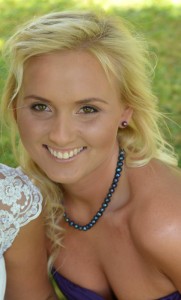 Tell us about yourself and how many books you have written.
Tell us about yourself and how many books you have written. Tell us about yourself and how many books you have written.
Tell us about yourself and how many books you have written. Tell us about yourself and how many books you have written.
Tell us about yourself and how many books you have written.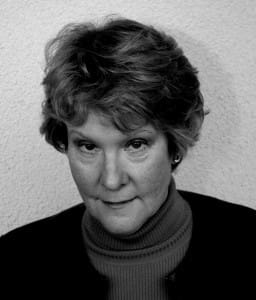 Tell us about yourself and how many books you have written.
Tell us about yourself and how many books you have written. Tell us about yourself and how many books you have written.
Tell us about yourself and how many books you have written. Tell us about yourself and how many books you have written.
Tell us about yourself and how many books you have written.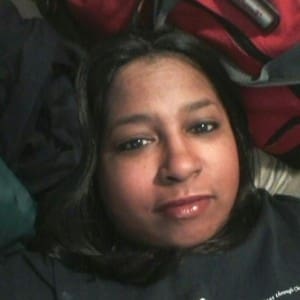 Tell us about yourself and how many books you have written.
Tell us about yourself and how many books you have written. Tell us about yourself and how many books you have written.
Tell us about yourself and how many books you have written. Tell us about yourself and how many books you have written.
Tell us about yourself and how many books you have written. Tell us about yourself and how many books you have written.
Tell us about yourself and how many books you have written. Tell us about yourself and how many books you have written.
Tell us about yourself and how many books you have written. Tell us about yourself and how many books you have written.
Tell us about yourself and how many books you have written. Tell us about yourself and how many books you have written.
Tell us about yourself and how many books you have written. Tell us about yourself and how many books you have written.
Tell us about yourself and how many books you have written. Tell us about yourself and how many books you have written.
Tell us about yourself and how many books you have written.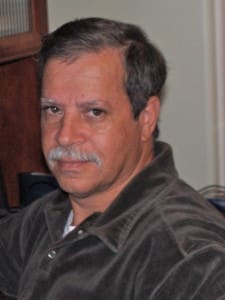 Tell us about yourself and how many books you have written.
Tell us about yourself and how many books you have written.